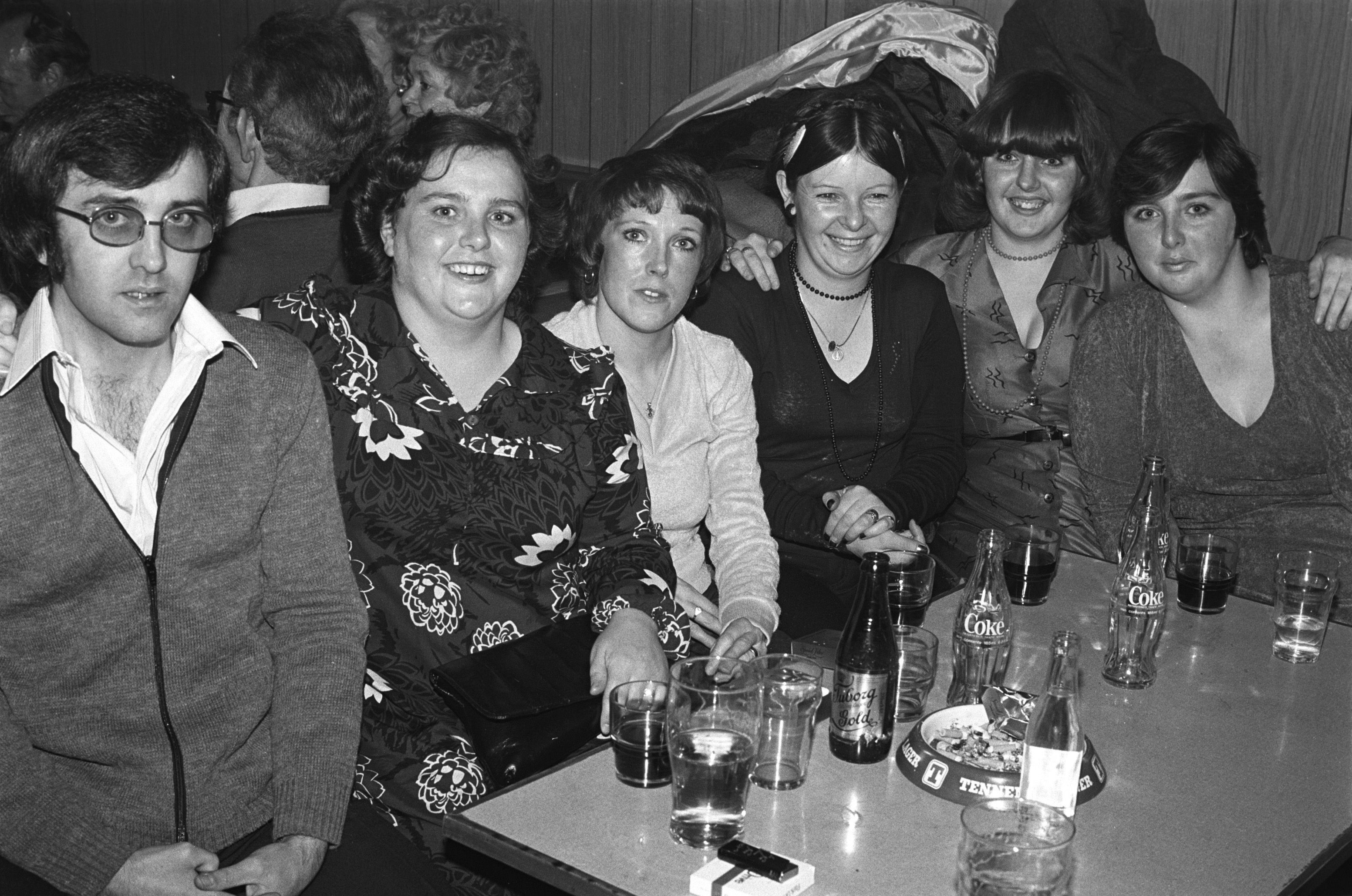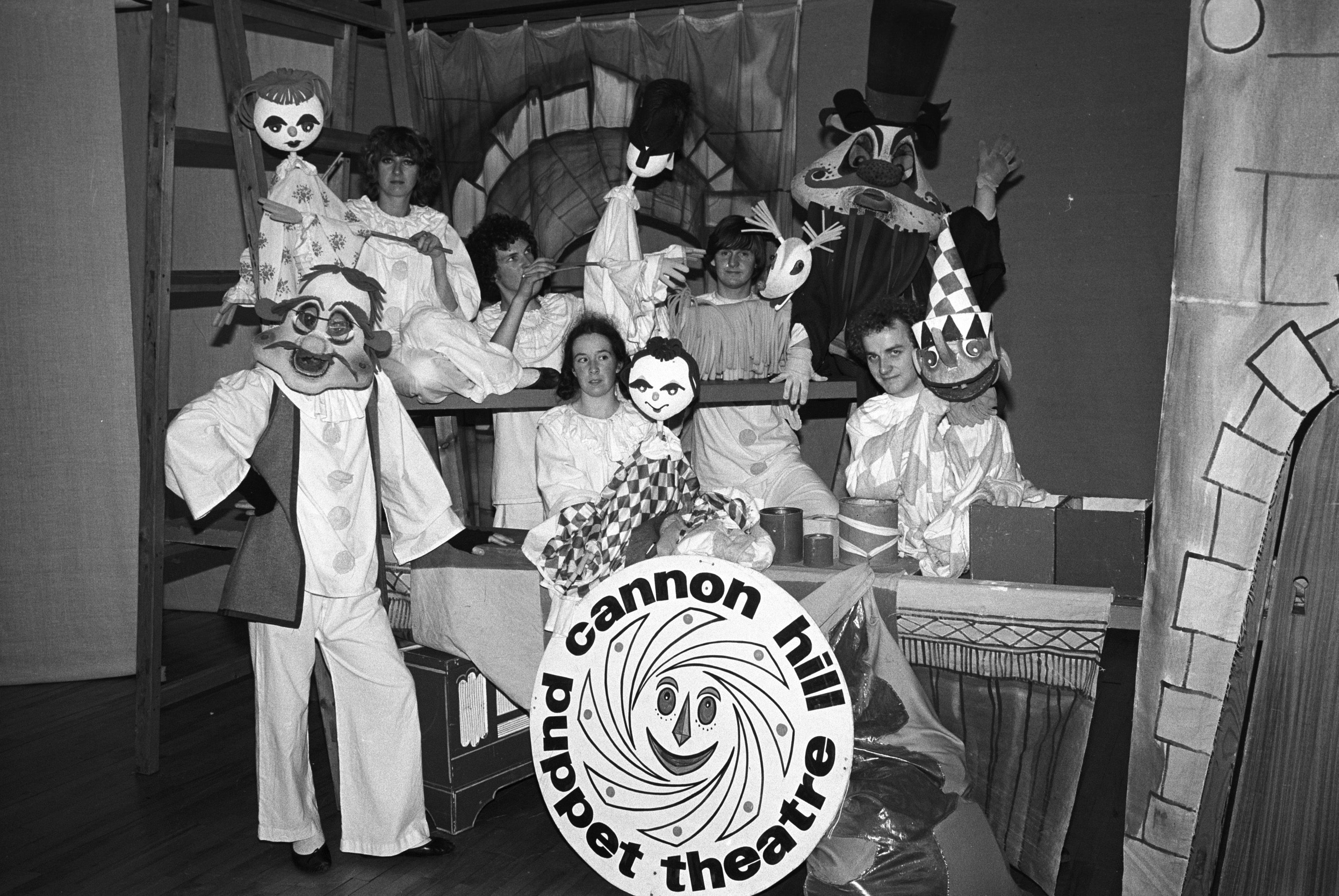We look at the stories that were making the headlines this week in the Andersonstown News in 1980
Stephen McVeigh, Martin Dornan and Barry McMahon with pigeons at St Michael's Youth Club Pet Show
UDA steps up assassination attempts amid prison protest
THREE weeks ago we gave front page coverage to a statement by a UDA group that a murder campaign against Catholics was inevitable if the H-Blocks campaign continued.
The almost daily assassination attempts would suggest that this campaign is now in full swing and notwithstanding the UDA’s feeble excuses about hitting only at known republican activists, each and every Catholic in Belfast is a target.
Past terror campaigns by Protestant paramilitary groups have taken the form of a direct assault on the Catholic community with known republicans being very much at the bottom of the target list.
In a way, it was almost inevitable that a sectarian murder campaign would once again be initiated by the Protestant paramilitaries, given the almost hysterical opposition to the H-Block hunger strikers by both Unionist politicians and Protestant clergymen alike.
To go by the vociferous outbursts of these men, one would be excused for thinking that the granting of a few miserly concessions on humane grounds to the inmates of the high security concentration camp was an attack on civilisation itself. Our history has taught us not to expect any better from politicians of whatever hue; but one would expect understanding and compassion from people who profess to preach the Christian gospel. Is it too late to hope that they, at least, would forsake their chosen path of cohesion and confrontation and opt for the way of compassion and compromise? Until they do, all Catholics are open targets to sectarian bigots.
We can only state our oft repeated warning – be careful, be courageous – we are all in the front line.
Dog owners Billy Floyd, Paul and Maria Harbinson, Kathy Maguire and Pat McAllister at St Michael's Youth Club Pet Show
Now open police Land Rovers are set to be introduced
FURTHER evidence of the British Government’s ‘Ulsterisation’ policy has come to light this week with the reported introduction of open backed police Land Rovers into Catholic areas.
The vehicles are known to be undergoing pre-delivery checks at the moment, and should be on the streets within a matter of weeks.
The new vehicles will replace the standard British Army open Land Rovers which patrol the Catholic areas at the moment. They will be manned by six RUC men armed with rifles and sub-machine guns, and will gradually replace the closed armour plated Land Rovers presently being used by the RUC.
This latest move will mean a further reduction in British army personnel on the streets, and has been introduced at the behest of the treasury in London which is demanding more and more cuts in defence spending and a further reduction of troop levels here.
The open Land Rover is much favoured by many of the ‘toughest’ British regiments. The paratroopers, for example, use nothing else, and are conducive to the ‘Hot Pursuit Policy’ now being adopted by the RUC as they slowly but surely replace the British Army on the streets. The policy was introduced by the new Chief Constable Jack Hermon when he abandoned the stated policy of his predecessor to have the RUC received by the Catholic community as an acceptable police force, and opted instead for a show of armed police presence. Informed commentators feel that this new ‘search and destroy’ policy will fail, as resentment builds up in the Catholic areas at these armed forays of the RUC.
Jim, Charlotte, Sally, Josie, Bernadette and Rachel McIlroy at the New Lodge Celtic Ladies’ Darts Special Needs function for Muckamore Children's Hospital Association
Cardina Ó Fiaich ‘bitter’
SOURCES close to Cardinal Tomás Ó Fiaich have revealed that his utter frustration and disappointment at the British Government’s lack of response to his H-Block pleas, led to him walking out of the crucial talks in London on the Thursday before the hunger strike was due to begin.
He had flown to London from the synod in Rome, in a last ditch effort to convince the British Government that a compromise was the noble and humane thing to do. But, the lack of response was such that he felt compelled to leave the meeting, and was already back at the airport when a special envoy from Atkins, succeeded in getting him to return.
It's thought that it was after this latest meeting that the announcement about civilian clothes was made. This first raised some people’s hopes that the strike could be averted. But, the British Government later announced that prison issue civilian clothes were to be issued, and dashed all hopes of a settlement.
The cardinal is now known to be resentful and somewhat bitter at the British Government’s duplicity in the clothes issue, and their complete rejection of his reasoned arguments in favour of a compromise.
Enjoying the New Lodge Celtic Ladies’ Darts Special Needs function for Muckamore Children's Hospital Association








